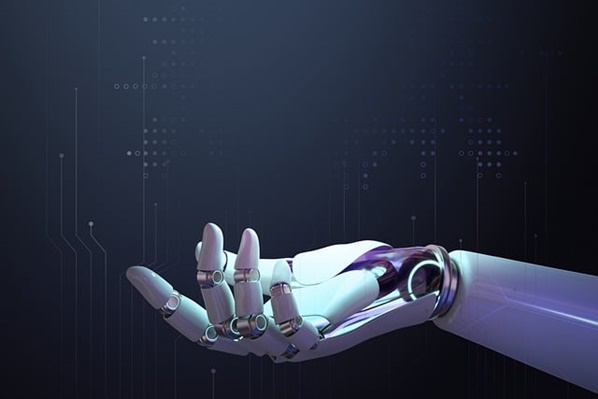
Artificial intelligence is everywhere these days, and the customer service industry has never been the same since robots learned to talk.
Last year, the call center AI industry was valued at USD 1.6 billion, and projections for 2024 point to a market size of USD 1.95 billion. More importantly, this sector will likely expand at a CAGR of 22.7% until 2032.
However, customer service isn’t all about multilingual autonomous voice agents and other automated services. Here’s how the balance between automation and the human touch is bringing this industry to new heights.
The Role of AI in Customer Service
Today, it’s nearly impossible to call a call center and speak straight to a human agent. Virtual assistants usually handle the first contact either by preset voice or text messages. AI-powered chatbots and assistants don’t have the same limitations as human workers: They can work 24/7, always providing consistent responses.
Better still, interactions between humans and virtual assistants are becoming much less robotic and more personalized. Companies also use such automated systems to gather and analyze information about their clients, resulting in valuable business insights. Additionally, AI tools can provide great scalability on this front, handling several queries at the same time.
Data Security and AI in Customer Service
AI-powered customer support tools require quite a lot of sensitive information from clients, like banking details, ID, driving license number, home address, etc. This means that these chatbots must also count on solid data security systems to protect users’ information. Unfortunately, data leaks aren’t uncommon, but you can also remove your personal info from Google for extra safety.
That’s why companies that rely on virtual assistants for customer support must also have protocols to protect their information. They run regular audits and tests, looking for vulnerabilities in the system and updating it against new threats. However, companies should rely too much on automated services as some occasions require empathy, which only human beings can provide.
The Human Touch in Customer Service
Clients don’t usually have the same enthusiasm about chatbots and virtual assistants. A recent study points out that 64% of customers prefer to talk to human agents, while 88% expressed concern about how such tools are used. Nevertheless, AI-powered customer support tools are everywhere.
However, companies have been trying to mitigate this frustration, providing easy access to human agents through buttons like “Speak to a Human.” Some advanced systems can recognize signs of frustration and offer access to human assistance before clients even ask for it.
Building Customer Relationships Through AI-Powered Insights
Personalized interactions are the core of meaningful customer relationships, and AI-powered tools are much better at it now. More importantly, they can do it at scale, managing large volumes of personalized content in a fraction of the time that human workers could. The best AI systems also have proactive engagement and predictive features, providing valuable insights that could escape to a human manager.
Robots and Humans Must Work Along
Despite clients’ dissatisfaction, AI-powered tools can independently manage several customer support tasks. Such tools bring several benefits for companies beyond handling calls or messages. However, some situations require human interaction, like emergencies or when a client is already frustrated by some service.




